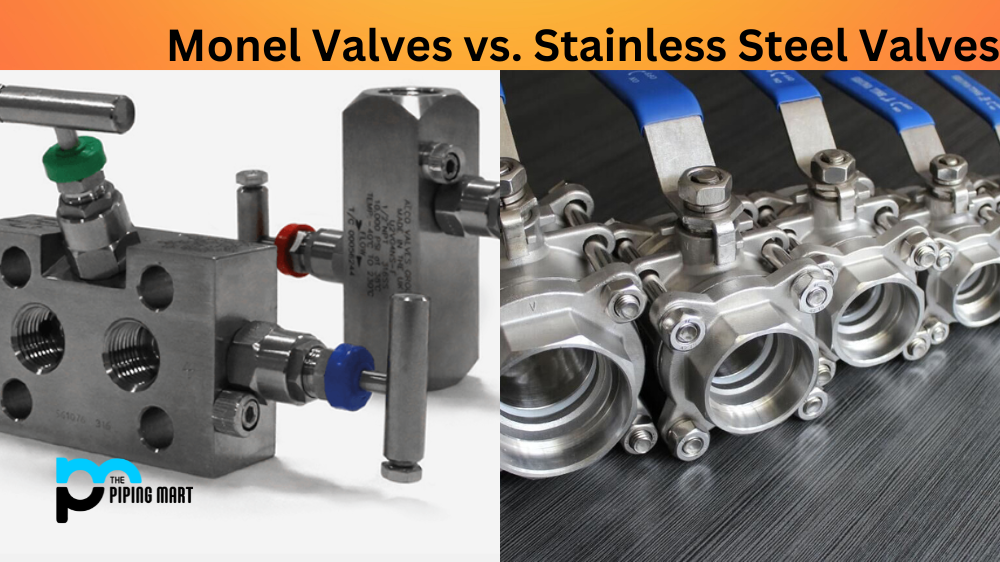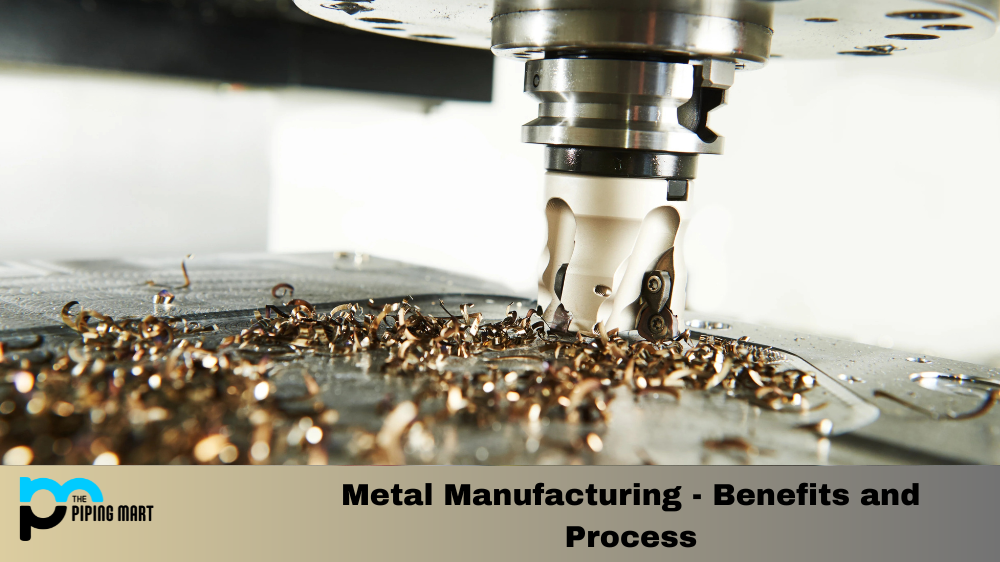Picking the right valve for your project requires careful consideration of a variety of factors, including material composition and cost. Monel valves and stainless steel valves are two common options, but it can be difficult to determine which is best for your specific application. To help you make an informed decision, we’re going to break down the differences between monel valves and stainless steel valves.
Material Composition
Monel is an alloy composed primarily of nickel and copper, as well as trace amounts of iron, manganese, carbon, and silicon. It is extremely resistant to corrosion and has good temperature resistance up to 1000°F (538°C). The high nickel content in Monel makes it ideal for applications involving liquids or gases that contain sulfuric acid or hydrochloric acid.
Stainless steel is an alloy composed primarily of iron, chromium, and carbon. It has excellent corrosion resistance in a wide range of environments due to its “passivation” layer that forms when exposed to oxygen in the air or water. Stainless steel also offers good temperature resistance up to 800°F (426°C). However, stainless steel does not perform as well as monel in applications with strong acids or alkalis.
Cost
Monel is typically more expensive than stainless steel due to its higher nickel content and ability to withstand harsh conditions. However, this increased cost may be worth it if you need a valve that will last for many years without corroding or needing frequent replacement. This makes monel a great option for long-term projects where cost savings over time are important.
Stainless steel is generally less expensive than monel but still offers excellent corrosion resistance in most cases—making it a great value choice for short-term projects where cost is a major factor. Additionally, stainless steel’s slightly lower temperature resistance might not be an issue depending on your application requirements.
Tensile Strength
Monel valves have a higher tensile strength than stainless steel valves, meaning that they can withstand higher levels of stress before breaking.
Corrosion Resistance
Monel valves are more resistant to corrosion than stainless steel valves, making them ideal for use in environments where there is a risk of corrosion.
Temperature Resistance
Monel valves have a higher temperature resistance than stainless steel valves, making them ideal for use in high-temperature applications.
Conclusion:
Weighing the pros and cons of each material can help you make an informed decision on which valve type is best for your project needs—monel or stainless steel. Monel has excellent corrosion resistance and temperature resistance but typically comes at a higher price point than stainless steel. On the other hand, stainless steel offers good corrosion resistance at a lower price point but does not perform as well with strong acids or alkalis as monel does. Consider all these factors carefully before making your selection so you can pick the best option for your specific application!
Rachana is a dedicated and ambitious young woman who has made a name for herself in the metal industry. From her earliest days in the industry, Rachana showed a natural talent for problem-solving and a keen eye for detail. In her free time, She enjoys reading up on the latest advancements in the industry, as well as exploring new ways to innovate and improve upon existing processes.




